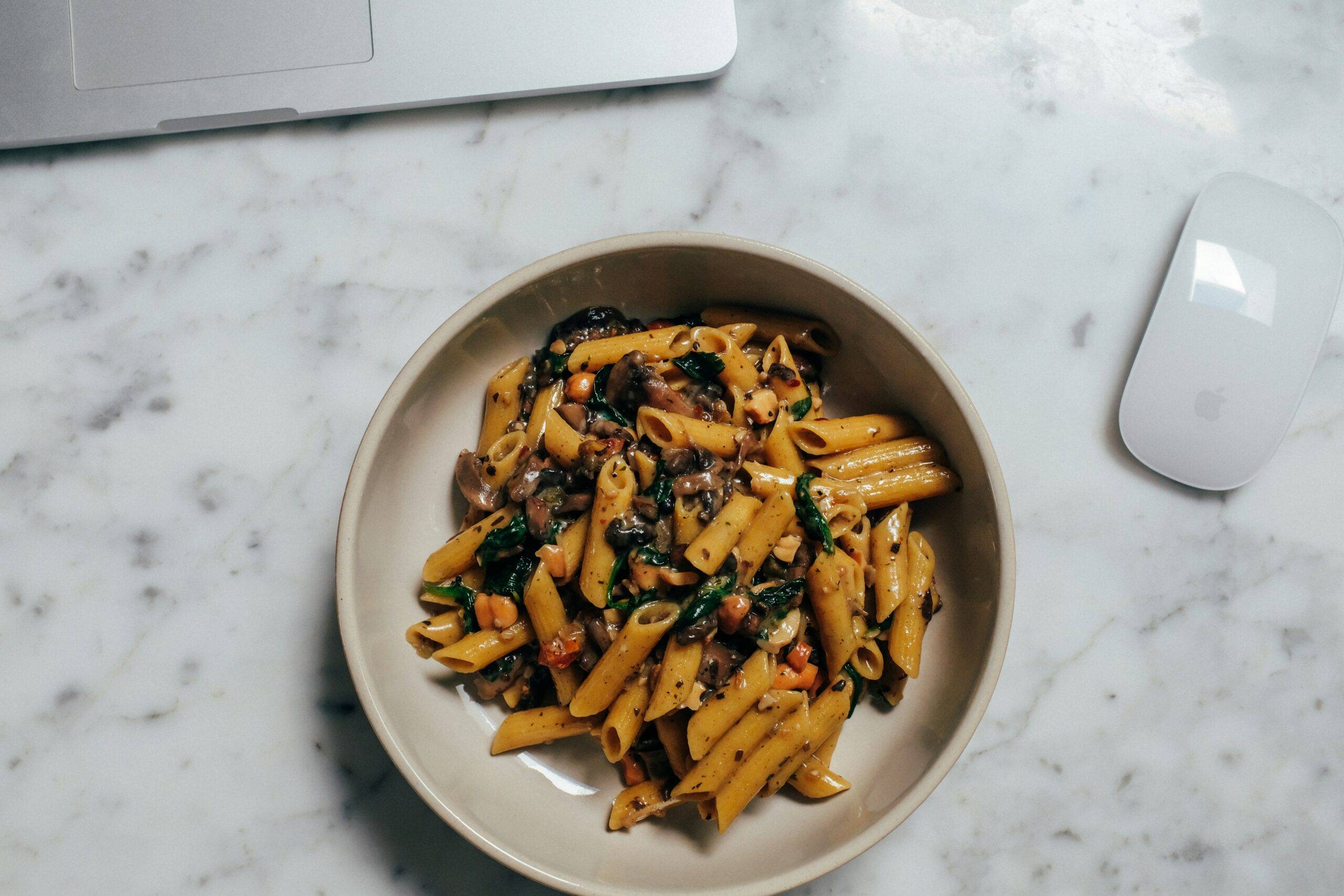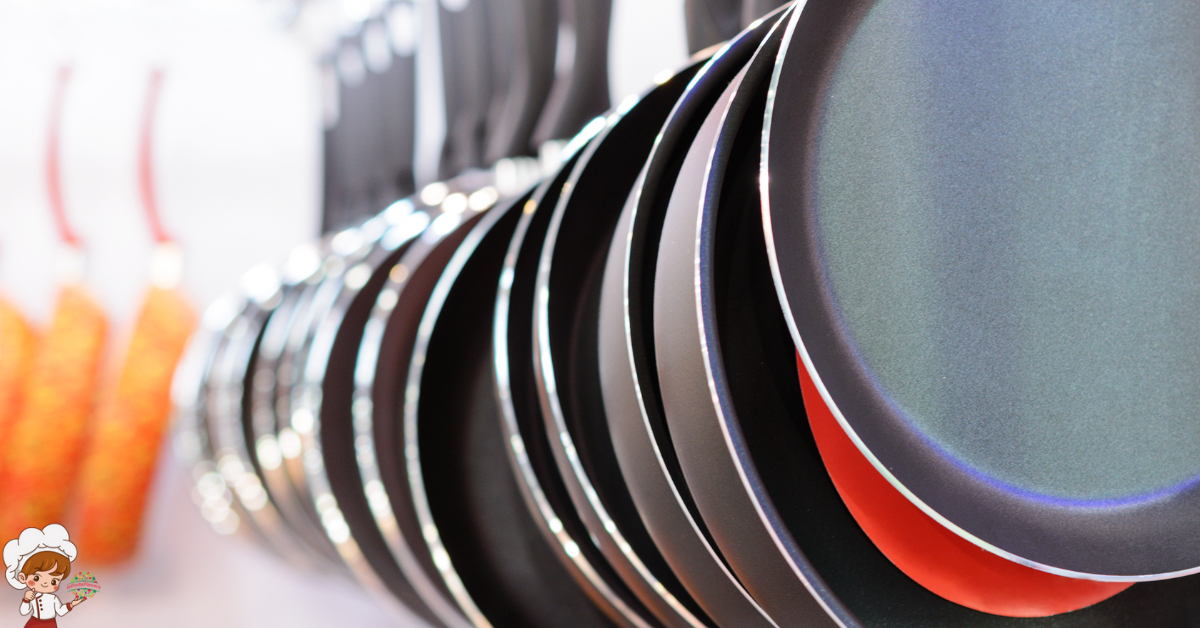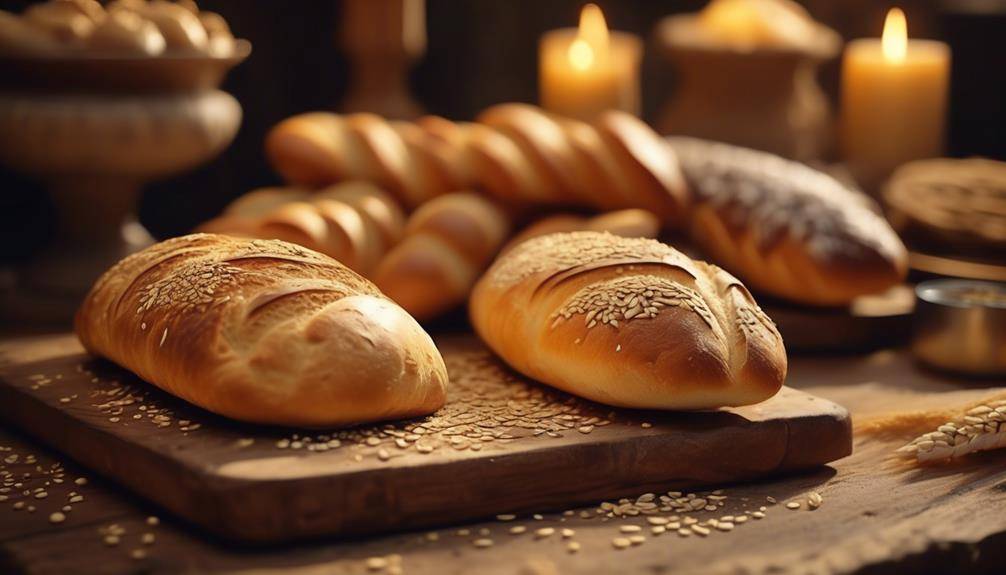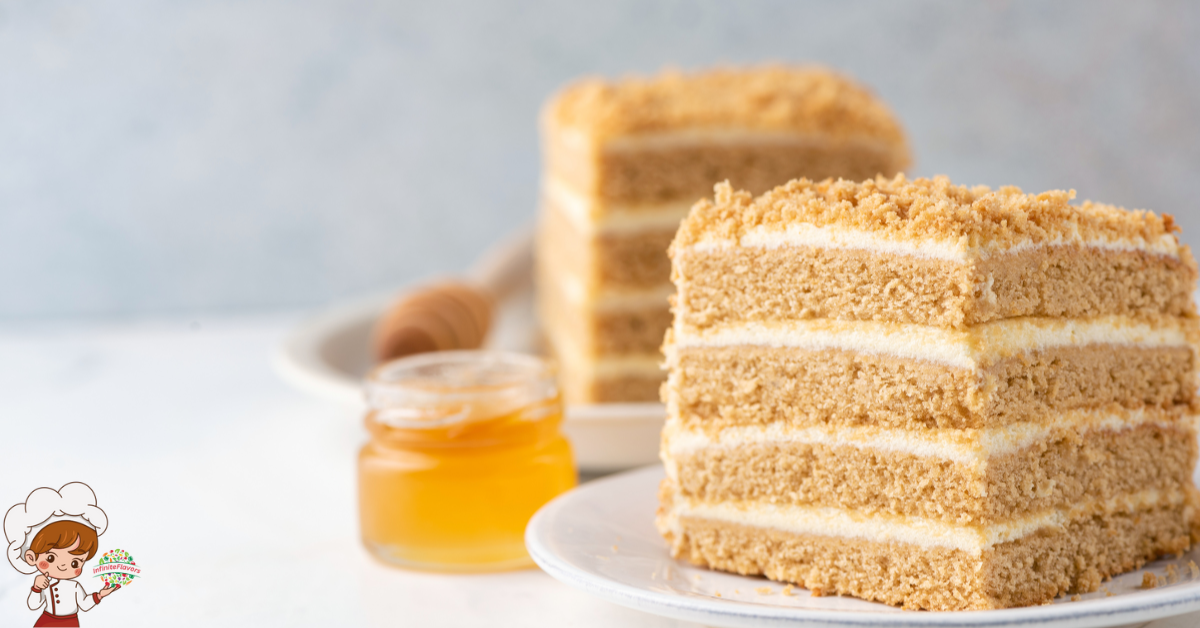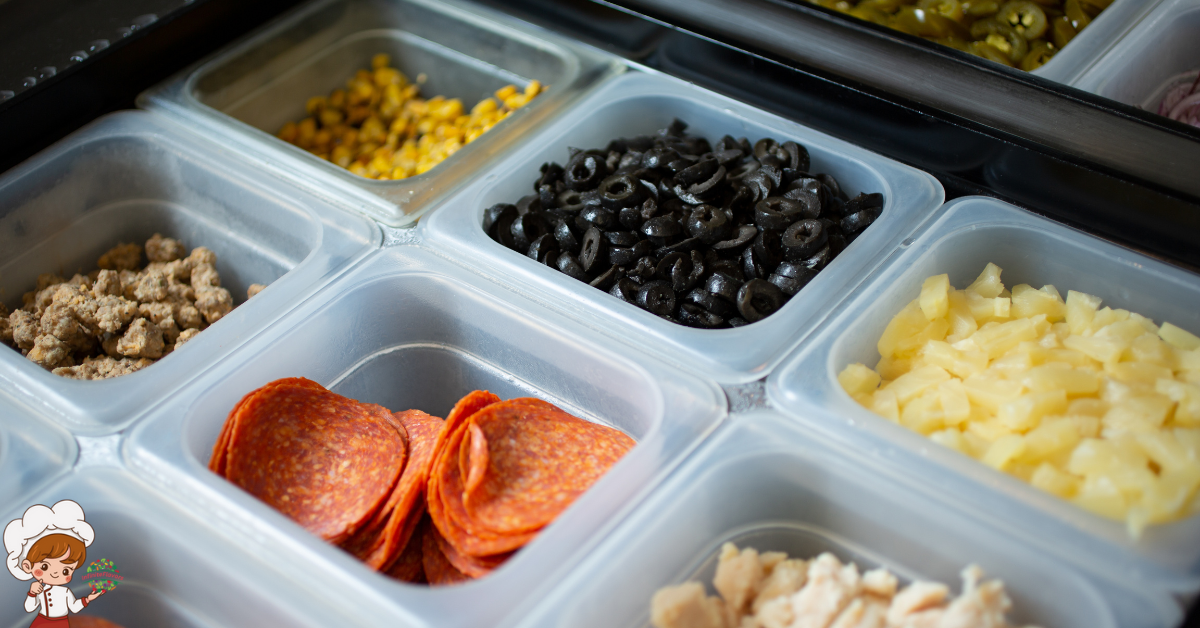Amazing Rolling Pins For Delicate Pastries
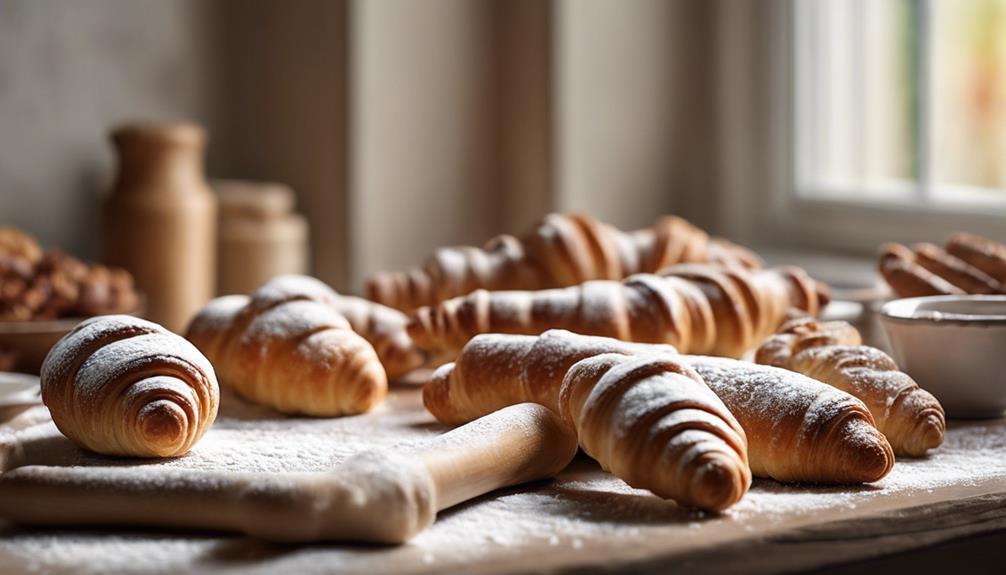
Choosing the right Rolling Pins For Delicate Pastries can make all the difference. You’ll want to take into account materials like marble for its cool surface or silicone for its non-stick properties. They help maintain dough integrity while you roll. A tapered design also provides better control over thickness, ensuring even results. Lightweight options can enhance your precision, especially for intricate designs. Size matters too; a smaller pin gives you more control for detailed work. With a few tips and the right tools, you can master pastry-making at home. There’s plenty more to uncover about selecting the perfect rolling pin!
Importance of Choosing the Right Rolling Pin
Choosing the right rolling pin is vital for achieving the perfect pastry. When you roll out dough, the rolling pin you choose can greatly affect the dough’s elasticity and the resulting pastry thickness. A well-chosen pin allows you to control how evenly you distribute pressure across your dough, which is fundamental for creating a uniform texture.
If you’re aiming for a tender pastry, you’ll want to take into account how the rolling pin interacts with the dough. A heavier pin can help apply more pressure, making it easier to achieve the desired thickness without overworking the dough. Overworking can lead to a tough pastry, which is the last thing you want. You need to strike a balance between applying enough pressure to stretch the dough and avoiding excessive handling that can compromise the dough’s elasticity.
Moreover, the type of material your rolling pin is made from can also influence your results. For instance, a wooden rolling pin provides a certain amount of friction that can help with control, while a marble pin keeps the dough cool, making it ideal for working with buttery pastries.
Ultimately, the right rolling pin can be your best ally in the kitchen. By selecting one that matches your specific needs, you’ll find it easier to achieve that perfect pastry, whether you’re baking a flaky pie crust or delicate cookies. Don’t underestimate this vital tool; it can make all the difference in your baking journey.
Types of Rolling Pins
When it comes to rolling pins, you’ll find a variety of options that cater to different baking needs. Wooden, marble, and silicone rolling pins each have unique benefits that can enhance your pastry-making experience. Let’s explore how each type can impact your dough preparation.
Wooden Rolling Pins
Wooden rolling pins are a classic choice for pastry enthusiasts, offering both functionality and a touch of tradition. They’re versatile tools that can help you master various pastry techniques, from rolling out pie crusts to flattening dough for pastries. The natural wood provides a slight grip, which helps you control the dough as you work.
When it comes to achieving the perfect dough thickness, a wooden rolling pin shines. You can easily adjust the pressure you apply, allowing for precision in your pastry creations. Many bakers prefer wooden pins because they don’t conduct heat like metal, preventing the dough from becoming too warm and sticky.
Additionally, wooden rolling pins come in various styles, such as tapered or straight, catering to your specific needs. If you enjoy working with delicate pastries, a tapered wooden pin can help you navigate corners and edges more easily. Plus, they’re easy to clean and maintain, making them a staple in any kitchen.
Marble Rolling Pins
Marble rolling pins are a fantastic addition to any baker’s toolkit, known for their elegance and functionality. When you use a marble rolling pin, you’ll notice its unique weight, which helps you roll out dough effortlessly and evenly. One of the key marble benefits is its ability to stay cool while you work, making it perfect for delicate pastries like puff pastry or pie crusts. The cool surface prevents the butter in your dough from melting, ensuring your pastries turn out flaky and tender.
In addition to their practical advantages, marble rolling pins also bring stunning marble aesthetics to your kitchen. Their smooth, polished surface and beautiful veining can elevate your baking space, making it a stylish choice for both amateur and professional bakers.
When you choose a marble rolling pin, you’re investing in durability as well. They’re easy to clean and maintain, often requiring just a simple wash with warm soapy water. So, if you’re looking to enhance your baking experience both in function and design, a marble rolling pin is a smart choice that will serve you well for years to come.
Silicone Rolling Pins
If you’re looking for versatility in your baking, silicone rolling pins are an excellent choice. These pins are not only lightweight but also feature a non-stick surface that makes rolling out delicate pastries a breeze. You won’t have to worry about dough sticking, which can often ruin a perfectly made pastry.
One of the standout benefits of silicone rolling pins is their silicone durability. Unlike wooden or metal pins that can warp or crack over time, silicone maintains its shape and functionality, ensuring you can rely on it for countless baking sessions. Plus, they’re easy to clean—just toss them in the dishwasher or wipe with a damp cloth.
When you use a silicone rolling pin, you’ll find that it’s gentle on your dough, helping preserve the integrity of your pastries. This is particularly important when working with fragile doughs, like puff pastry, where overworking can lead to tough results.
Material Comparisons
When it comes to choosing a rolling pin for pastries, you’ll find that the material can greatly impact your baking experience. The most common materials include wood, marble, and silicone, each offering unique benefits for delicate pastries.
Wooden rolling pins are often favored for their material durability. They provide a warm surface that can help prevent sticky dough while also allowing for a bit of natural grip. However, the texture impact can vary depending on the type of wood. A smooth hardwood will glide effortlessly, while a more textured surface might create unwanted patterns in your dough.
Marble rolling pins, on the other hand, are excellent for keeping your dough cool. This is particularly important when working with butter-based pastries, as warmth can cause the dough to soften too much. The weight of marble also aids in effortlessly rolling out dough, but the cold surface can lead to sticking if not dusted with flour.
Silicone rolling pins are lightweight and easy to clean, making them a convenient option. They tend to have a non-stick surface, which reduces the need for excessive flour. However, they may not provide the same tactile feedback or control as wood or marble, potentially affecting your rolling technique.
Ultimately, your choice of material should align with your baking style and the specific pastries you want to create. Each material has its strengths and weaknesses, so consider what works best for you.
Size Matters
How do you know which size rolling pin is right for your pastry needs? The size of your rolling pin greatly impacts both dough thickness and pastry texture, so understanding your options is vital. For delicate pastries, like pie crusts and tarts, a shorter, smaller rolling pin often provides better control. This way, you can easily maneuver around edges without risking tearing the dough.
If you typically work with larger batches or thicker doughs, a standard-sized rolling pin might suit you better. It allows you to roll out larger sheets of dough quickly and efficiently. However, using a larger pin requires more caution to guarantee even dough thickness, which is essential for achieving that perfect flaky pastry texture.
When it comes to size, consider what types of pastries you’ll be making most often. A 15-inch rolling pin is quite versatile for various pastries, while a smaller 10-inch pin can help you with intricate designs and smaller portions. Remember, the goal is to maintain uniformity in dough thickness, which directly influences the final texture of your pastries.
Ultimately, the right size rolling pin should feel comfortable in your hands and fit the types of pastries you create. Experimenting with different sizes can help you discover what works best for you, allowing you to create beautifully textured pastries every time. Choose wisely, and you’ll find the perfect pin for your delicate pastry adventures.
Features for Delicate Pastries
Selecting the right rolling pin size is just the beginning; the features of your rolling pin can make a significant difference when working with delicate pastries. You’ll want to take into account materials and design that facilitate ease of use and precision. For instance, a lightweight rolling pin made of materials like wood or silicone allows you to control the pressure you apply, which is vital for achieving the ideal dough consistency without overworking it.
One important feature to look for is a tapered design. Tapered rolling pins give you better control over the pastry thickness, allowing you to roll out edges more easily, which is particularly beneficial for delicate pastries like puff pastry or phyllo. The tapered shape helps you apply more pressure where you need it while keeping the center thin, guaranteeing uniform pastry thickness throughout.
Another feature to keep in mind is the presence of measurement guides. Some rolling pins come with engraved measurements on the surface, helping you achieve consistent pastry thickness. This is especially useful when following specific recipes that require precise dimensions.
Lastly, think about the ease of cleaning. A non-stick surface can save you time and effort, preventing dough from clinging stubbornly. These features not only enhance your experience but also make certain that your delicate pastries come out perfectly every time. With the right rolling pin, you’ll have the tools to create beautiful and delicious pastries that impress.
Techniques for Rolling Dough
Mastering the art of rolling dough can elevate your pastry-making skills considerably. To get started, verify your dough has the right hydration level. If it’s too dry, it’ll crack; if it’s too wet, it’ll stick. A well-balanced dough will roll out smoothly, so don’t hesitate to adjust the water content as necessary.
Temperature control is essential as well. Cold dough is easier to handle, so chill it for at least 30 minutes before rolling. If you’re working in a warm kitchen, consider placing your rolling pin in the fridge for a bit too. This prevents the butter in your dough from melting, which can ruin your pastry’s texture.
When you’re ready to roll, start by lightly dusting your work surface with flour. This’ll help prevent sticking but don’t overdo it; too much flour can make your dough tough. Gently flatten your dough with your hands before using the rolling pin. Apply even pressure as you roll, starting from the center and moving outward. Rotate the dough a quarter turn after a few rolls to maintain its circular shape and verify an even thickness.
Keep an eye on the thickness; a good target is around 1/8 inch for most pastries. If you notice the dough sticking, lift it carefully and add a little more flour underneath. With practice, you’ll master these techniques and create perfectly rolled dough every time. Happy baking!
Cleaning and Maintenance Tips
To keep your rolling pin in top shape, you’ll want to focus on effective hand washing techniques and proper storage methods. Regularly inspecting your rolling pin helps catch any wear or damage early. Let’s explore these essential cleaning and maintenance tips to guarantee your pastry tool lasts for years.
Hand Washing Techniques
A well-maintained rolling pin is crucial for achieving the perfect pastry consistency, and hand washing it is imperative for its longevity. When it comes to pastry care, you should prioritize gentle cleaning methods to preserve your rolling pin’s surface. Start by rinsing it with warm water immediately after use to prevent any dough from hardening.
Use a soft sponge or cloth and a mild dish soap to scrub the surface lightly. Avoid abrasive cleaners or scouring pads, as they can scratch and damage the finish. Pay special attention to any grooves or edges where dough might accumulate.
After washing, rinse your rolling pin thoroughly to remove all soap residue. It’s important not to soak your rolling pin, as prolonged exposure to water can warp the wood or affect its integrity.
Once clean, dry it promptly with a soft towel, and let it air dry completely before storing. If your rolling pin is wooden, consider applying a food-safe mineral oil occasionally to maintain its finish and prevent cracking. By following these hand washing techniques, you’ll make certain your rolling pin remains in excellent condition for all your pastry-making needs.
Proper Storage Methods
Properly storing your rolling pin is essential for maintaining its condition and guaranteeing it’s ready for your next baking session. After washing, dry your rolling pin thoroughly to prevent moisture buildup, which can lead to warping or mildew. Store it in a cool, dry place with good temperature control. Avoid areas near ovens or heat sources, as excessive heat can damage the wood or other materials.
If you can, wrap your rolling pin in a clean, dry cloth or place it inside a protective sleeve. This helps shield it from dust and potential scratches. You should also be mindful of the ideal humidity in your storage area. Too much humidity can lead to mold growth, while too little can cause cracking. A humidity level around 50-60% is ideal.
Lastly, keep your rolling pin separate from other kitchen tools to prevent it from getting banged up. A dedicated drawer or a hanging rack works well for this purpose. By following these storage tips, you’ll guarantee your rolling pin remains in excellent shape and is always ready for your delicate pastry creations.
Regular Inspection Practices
Regular inspections of your rolling pin are key to keeping it in top shape for all your pastry adventures. Set a regular inspection frequency—ideally after each use or at least weekly if you bake often. Start by checking for any wear signs, like cracks, chips, or rough spots. These can affect not just the performance but also the quality of your pastries.
Next, give your rolling pin a thorough cleaning. Use warm, soapy water and a soft sponge to remove any dough residue. Avoid soaking it, as prolonged exposure to water can lead to warping. After washing, dry it immediately with a clean cloth to prevent moisture damage.
Don’t forget to oil wooden rolling pins every few months. A light application of food-safe mineral oil helps maintain the wood’s integrity and appearance. If you notice any stubborn stains or odors, sprinkle some baking soda on the surface, scrub gently, and rinse.
Recommended Rolling Pins
When it comes to choosing the right rolling pin for your pastry needs, several options stand out for their functionality and ease of use. First up, you can’t go wrong with a classic hardwood rolling pin. Its sturdy rolling pin materials offer excellent control for achieving your desired pastry thickness. The smooth surface glides effortlessly over dough, making it easier to roll out delicate pastries without tearing.
If you’re looking for something a bit more modern, consider a marble rolling pin. The weight of marble helps with even pressure, and it stays cool, which is fantastic for dough that can become sticky. Plus, it adds a touch of elegance to your kitchen. However, be mindful that its weight might take some getting used to if you prefer a lighter option.
For those who want precision, a French rolling pin is a fantastic choice. This style has tapered ends, allowing you to easily control your pastry thickness while maneuvering in tight spaces. It’s versatile, lightweight, and perfect for rolling out pie crusts or cookie dough.
Lastly, silicone rolling pins are gaining popularity due to their non-stick surface. They’re easy to clean and great for working with sticky doughs. With various designs and colors available, you can find one that suits your style while enjoying the benefits of pastry thickness control.
Ultimately, the right rolling pin can elevate your baking game, making it a breeze to create those delicate pastries you love.
Frequently Asked Questions
What should you know about rolling pins for pastries? When it comes to creating delicate pastries, the right rolling pin can make all the difference. First, consider the material. Wooden, marble, and silicone rolling pins each offer unique benefits depending on your preferences and the pastry types you’re working with. For instance, marble pins stay cool, which is ideal for dough that needs to remain firm, while wooden pins provide a good grip for rolling out dough evenly.
Next, you’ll want to think about dough thickness. Most recipes specify a required thickness, so guarantee your rolling pin’s design allows you to achieve this easily. Some rolling pins come with adjustable rings or guides to help you roll the dough to the perfect thickness without guesswork. This is especially useful when making pastries like croissants or tarts, where precision is key.
Frequently Asked Questions: Rolling Pins For Delicate Pastries
Can I Use a Regular Rolling Pin for Delicate Pastries?
You can use a regular rolling pin for delicate pastries, but technique variations matter. Adjust your pressure and speed based on dough types to prevent tearing or overworking, ensuring a perfect, flaky result every time.
What Is the Best Way to Prevent Dough From Sticking?
To prevent dough from sticking, you should apply flour generously during dough handling. Dust your work surface and rolling pin to create a barrier, ensuring a smooth experience without tearing or sticking. Keep everything lightly floured!
How Do I Know When My Dough Is Rolled Thin Enough?
To know when your dough’s rolled thin enough, look for visual cues like a smooth surface and even color. Ideally, it should be about 1/8 inch thick, allowing light to slightly shine through.
Are There Specific Brands Known for Quality Delicate Pastry Rolling Pins?
When selecting rolling pins, consider brand recommendations like OXO and French-style pins. Material comparisons show that marble or wood offer different benefits; choose based on your comfort and the delicacy of your dough handling.
Can I Refrigerate My Rolling Pin for Better Pastry Results?
Yes, refrigerating your rolling pin can enhance pastry texture. The cold surface helps keep dough cool, preventing it from warming too quickly. This leads to flakier, more tender pastries, so don’t hesitate to try it!
Conclusion
Choosing the right rolling pin is essential for making delicate pastries. With various materials and sizes available, you can find one that suits your baking style. Remember to take into account features that aid in precision and ease of use. By mastering rolling techniques and maintaining your tools, you’ll elevate your pastry-making game. Whether you’re a novice or a pro, investing in a quality rolling pin will make all the difference in your baking adventures. Happy rolling!



